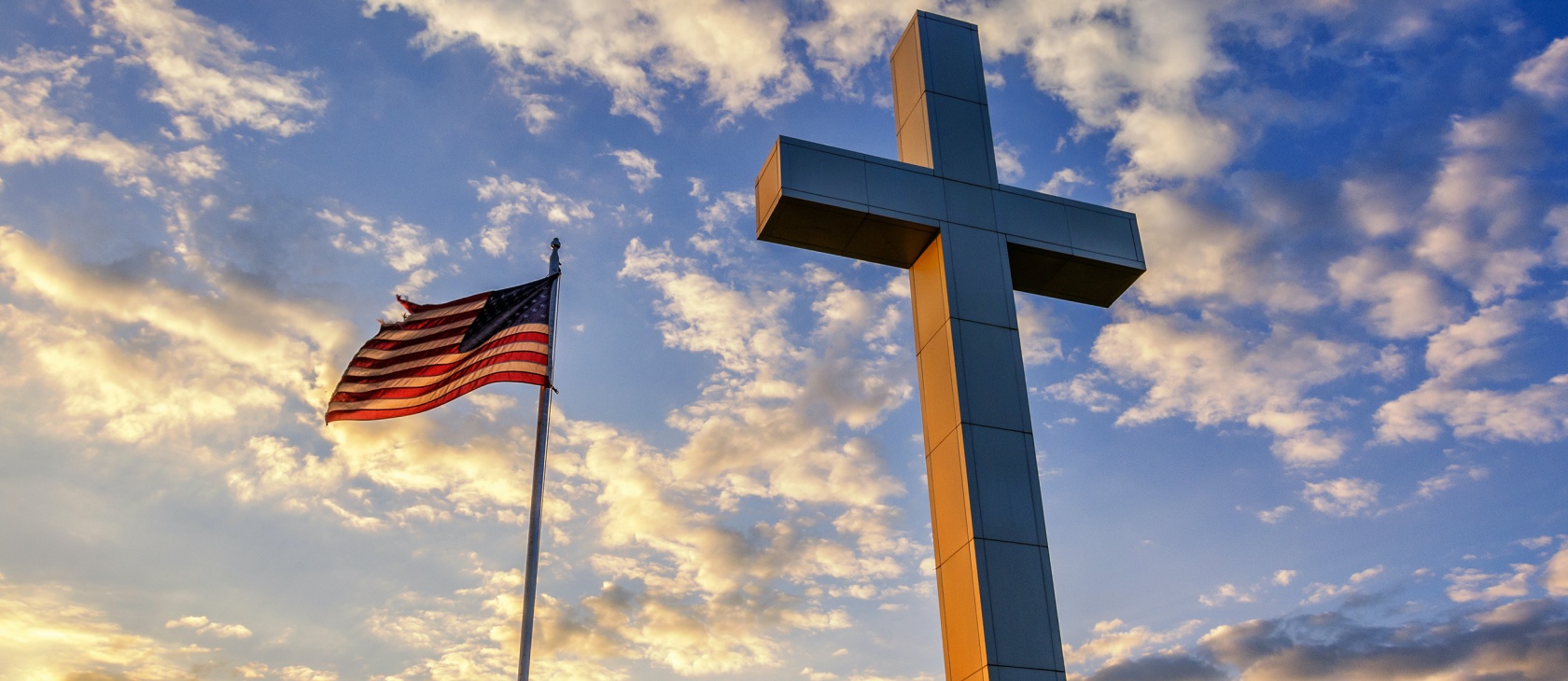Every election year, it seems our world becomes ever more dominated by politics. Without fail, each election is trumpeted as the most important of our lifetime. Alarms are sounded by politicians and the mass media, and the public is often consumed by polarized rhetoric, heated arguments, and far too often hatred of strangers, neighbors, or even family and friends. While the issues facing our nation are serious – from the COVID-19 pandemic to widespread racial and civic unrest – our response in the form of partisan politics too often is not. How do we take our rights and duties as citizens seriously?
Citizens are, according to the oldest etymological roots of the word, city dwellers. As such they are members of a polis, the ancient Greek word from which we derive politics. According to Aristotle, the city itself is composed of its citizens, who share a common way of life under laws directed towards justice, to realize the good of its individual members. How strange and wonderful this conception sounds in the face of what passes for political discussion in our current time!
Moving away from our present climate of political polarization requires us to step outside of the welter and waste of our fevered partisan battles and take our rights and duties as citizens to heart. It requires us to “seek the welfare of the city where I have sent you into exile, and pray to the Lord on its behalf, for in its welfare you will find your welfare” (Jeremiah 29:7).
This is what people of faith are called to do always. Unlike the noble, albeit idealized, conceptions of politics in the classical age, Christians know that their identity is not grounded in mere earthly citizenship. We are not, at bottom, part of the state. As believers, we are first and foremost members of quite another body, the body of Christ. We are called to participate in, not be consumed by, politics.
Jesus Christ has commanded us to “render unto Caesar the things that are Caesar’s, and unto God the things that are God’s” (St. Mark 12:17). The Apostle Mark then tells us that those who heard this were “amazed at Him.” Lord Acton, at the conclusion of his lecture titled “The History of Freedom in Antiquity,” describes this as a repudiation of absolutism and the inauguration of freedom: “To maintain the necessary immunity in one supreme sphere, to reduce all political authority within defined limits, ceased to be an aspiration of patient reasoners, and was made the perpetual charge and care of the most energetic institution and the most universal association in the world.”
The body of Christ, that most energetic and universal of associations, is uniquely positioned by its calling to be a light in times of political darkness. It is free to take its citizenship seriously precisely because it belongs to a kingdom that is not of this world. This election season, and every season, exercise your rights and duties as citizens according to your conscience, directed toward justice and for the good of your fellow citizens. Pray for the welfare of this nation and for the whole world, but do not confuse the politics of this word with your eternal destiny in the next. This is the sort of faithful citizenship which is most needed both to realize the common good of all and our flourishing together.




